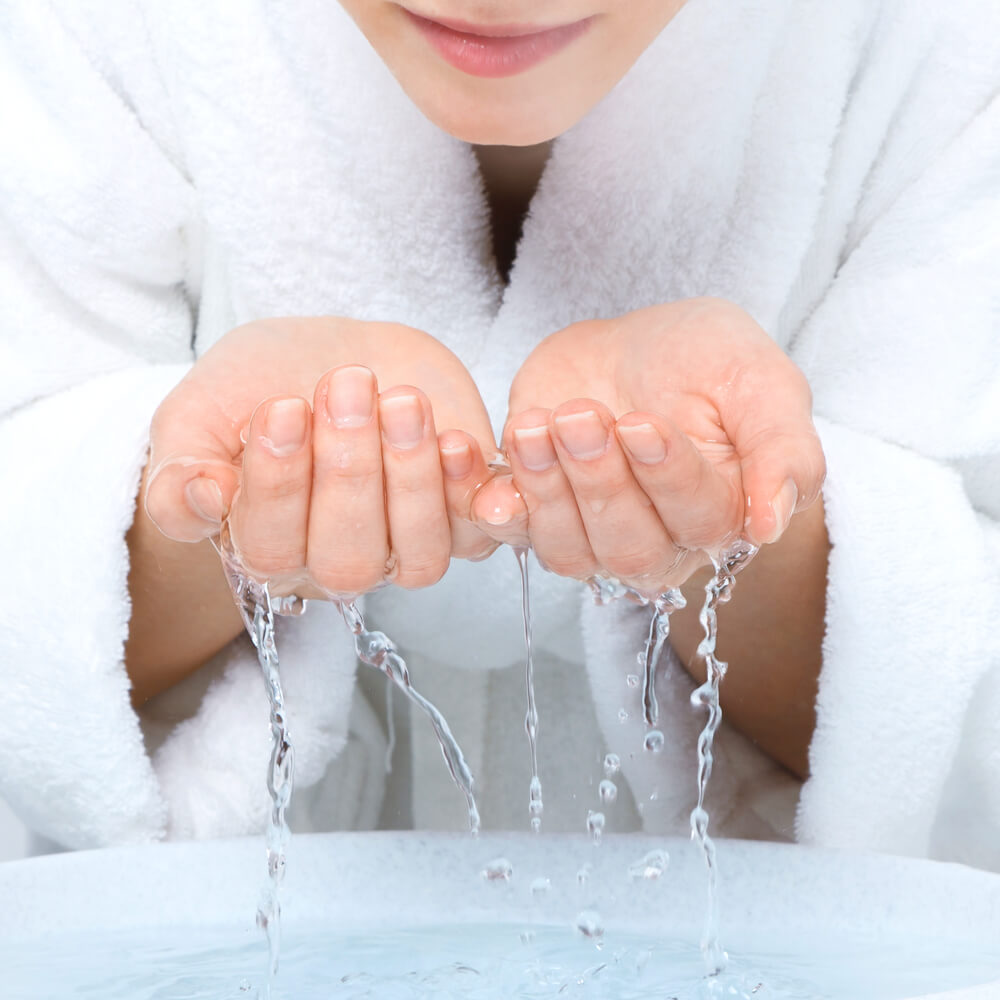 Access to clean and safe water is essential for good health and a safe home. Although technically hard water is safe to drink, over time home with untreated hard water will incur unwanted damage within the home, and it can cause minor health issues as well. This article defines what hard water is, the problems associated, bothersome issues, and solutions.
Access to clean and safe water is essential for good health and a safe home. Although technically hard water is safe to drink, over time home with untreated hard water will incur unwanted damage within the home, and it can cause minor health issues as well. This article defines what hard water is, the problems associated, bothersome issues, and solutions.
The Problem With Hard Water
Water is considered to be “hard” if it contains excessive amounts of magnesium and calcium. While it may look crystal clear when it comes out of a tap, these invisible minerals cause damage. Hard water causes damage in a myriad of ways. Untreated hard water introduces corrosion to water lines inside washers, hot water heaters, and dishwashers. This translates into more repairs and a shortened life span for these expensive appliances. Left untreated, hard water forms mineral deposits inside plumbing pipes, water hoses, and lines. Thus, reducing water flow over time.
Minerals in hard water can also stain clothing during the wash cycle and dishes cleaned in hard water will typically have spots and/or a cloudy film that appear after drying. Lastly, hard water can cause a myriad of skin and hair issues. Hard water tends to dry out skin and hair, leaving individuals with an itchy, irritated scalp and/or skin. Over time, hard water can change the skin’s pH balance, resulting in weakening this protective barrier, which in turn leaves individuals more vulnerable to bacteria and infections. People with sensitive skin, especially eczema sufferers, will likely notice an exacerbation of their symptoms if they continually bathe and wash their hands with hard water.
Hard water also makes it more difficult to clean fixtures such as showerheads, faucets, and shower doors. The excess calcium found in hard water reacts with soap products used around these fixtures and forms a soap film that requires additional steps to remove, and then only temporarily, as the introduction of more water will leave these fixtures covered in soap film once again.
Solutions
Fortunately, there are solutions to combat all the issues that stem from hard water use. Installing a water softening unit is a great way to treat all the water coming into the home before it reaches appliances, water lines, and virtually all water pipes. A water softening unit resolves hard water issues by replacing the calcium and magnesium with sodium (salt).
After installing a water softener unit, residents will notice their skin and scalp don’t become irritated after washing. Clothing, dishes, and fixtures throughout the home will be spot-free. Appliances that use water will have a longer life span, and the water flow throughout the entire home will be adequate since the water pipes will not become filled with corrosive minerals.
Other Alternatives
Some people, especially those with high blood pressure, may be concerned that adding a water softening unit may introduce too much sodium into their diet. If this is a concern, there are water softening units that use other products instead of salt.
Another option that will also remove the minerals is a reverse osmosis purification system. Rather than conditioning it with sodium, a reverse osmosis purification system works by forcing water through a semi-permeable membrane. Thus, filtering out all unwanted minerals and particles.
If you’d like to know more about the benefits associated with pure, safe water within the home, please contact us!





